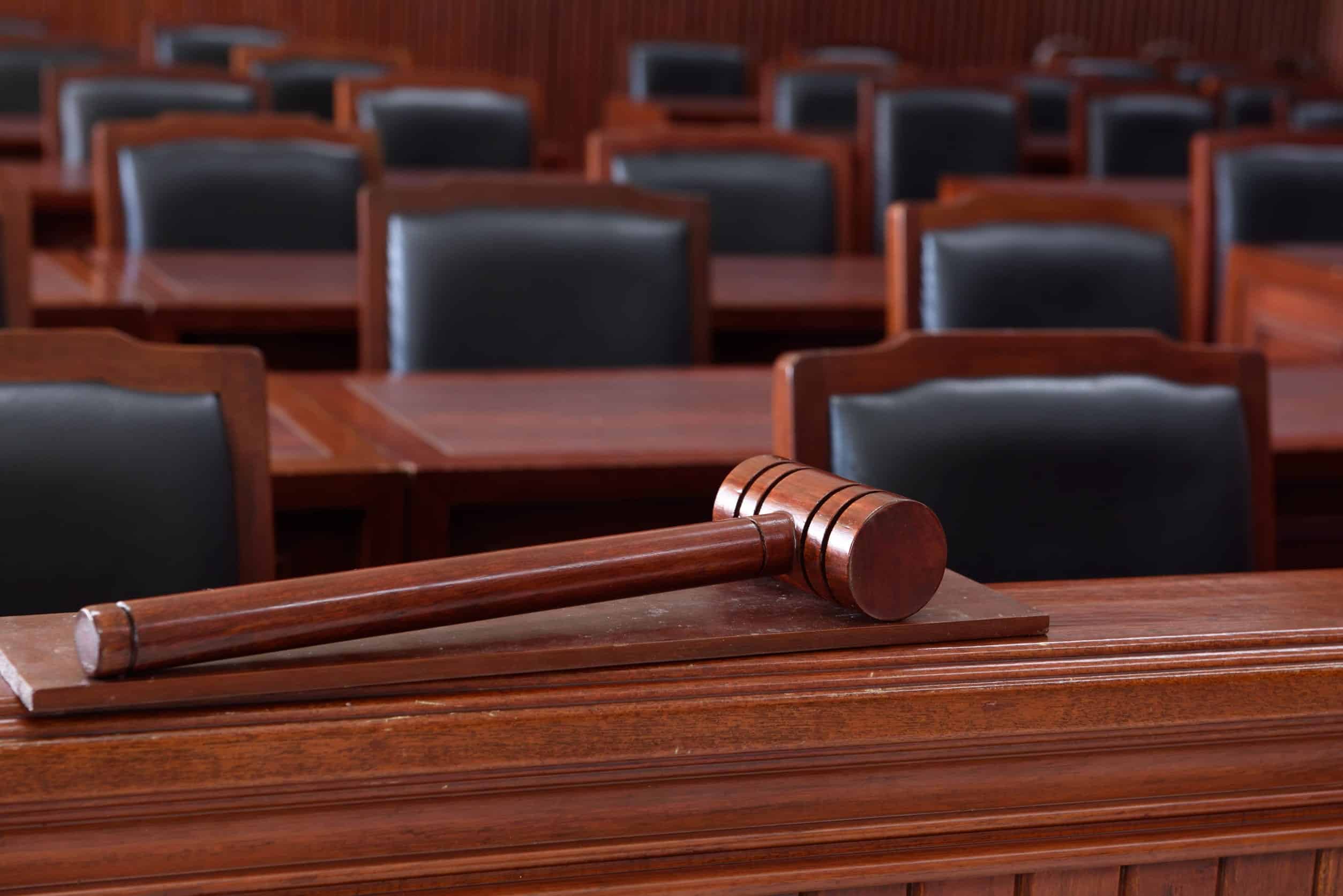- Home
- THE FIRM+
- Criminal Defense+
- CASE RESULTS
- AREAS WE SERVE+
- FAQ’s
- Blog
- Contact
AZHARI LLC BLOG

Posted By: Sami Azhari
Category:
Federal crimes are a big deal. No one wants to face a prosecutor working on behalf of the United States government. Penalties for criminal convictions at the federal level are also nearly always more serious than similar crimes committed at the state or local level.
One might think that in order to commit a federal crime, you have to steal a lot of money or hurt a lot of people. In reality, some federal crimes are as harmless as leaving the country with $5 worth of nickels.
Yes, that’s right. Two hundred and forty-nine nickels are okay, but 250? Too many.
This isn’t the only federal crime that seems silly, and some are outright bizarre. To top that off, a handful of common ones are vague enough that prosecutors could hit you with charges for doing all kinds of things.
The more you know about these laws, the easier it will be to avoid standing in front of a federal judge and pleading your case.
Here Are Some of The Most Bizarre Federal Crimes
- Selling fresh milk is illegal. Just ask the Amish farm that was raided by police for running a raw milk business.
- If you’re on public land and find an item that is over 100 years old, leave it. Pocketing the item is a federal crime under the Archeological Resources Protection Act of 1979.
- Have any friends that are pirates? Cut them loose. There are specific laws regarding what you can and can’t do around pirates.
Federal Crimes That Take Place in National Parks and Forests
Most of the nation’s most bizarre federal crimes take place in national parks and forests. Be extra careful the next time you go to Yellowstone or Dixie National Forest.
- You can’t have an empty tent on the first night you are camping.
- Flying a drone is illegal in national parks, so leave it at home!
- Carrying a metal detector is also a no-no.
- The act of rolling rocks down a hill is also considered illegal in national parks.
- Pets can be tricky. If they make a noise that is “unreasonable” or disturbs the surrounding wildlife, you could be charged with a crime.
- Bathing or washing dishes in rivers or other bodies of water is illegal. Find signs to appropriate bathing, dishwashing, and laundry areas.
The Conveniences of Having Vague Federal Crimes on the Books
A lot of the weirdest federal laws are very specific, but vague federal laws can also lead to strange arrests.
Let’s cut to the chase. If law enforcement officials arrest and charge you for “no good reason,” it’s likely they are going to use one of these laws in their defense.
Disorderly Conduct and Disturbing the Peace
“Unreasonable” noise and “obscene” language are considered federal crimes.How is that possible?
Because they are considered offenses under the umbrella of disorderly conduct. Disorderly conduct is a vague crime that covers a long list of acts, from threatening to fight someone or creating a “physically offensive” condition.
It’s hard to say what is and is not unreasonable, especially in a public space. Unreasonable noise at a parade may sound different than unreasonable noise on a serene Sunday morning.
In order to convict someone of disorderly conduct at the federal level, prosecutors will have to prove that the defendant had the intention of causing alarm, causing violence, or putting themselves or others at risk.
No Loitering on Public Property
Loitering laws are controversial to the point that many experts believe that they are unconstitutional.
The federal government defines loitering as being in a public place for no obvious reason. Just hanging around in the park, outside of a store, or on the side of the road may be considered a crime.
Resisting Arrest
Things can quickly get heated if a law enforcement officer accuses someone of a crime, especially one as vague as loitering or disorderly conduct. Once a person starts to push back against the police, though, they could be slapped with a whole other set of crimes.
Resisting arrest is another vague crime that is often used to charge or even justify force against civilians. Defendants can fight back against resisting arrest charges by arguing that their arrest was not authorized or just.
You’ll do best to expect it will take a few trips to the courthouse before the charges will be dropped. You’ll also need an experienced Illinois federal defense attorney to ensure the best outcome.
Facing Federal Charges? Call an Illinois Criminal Attorney with Experience in Federal Court
You’re unlikely to face charges for leaving the country with too many nickels or having a loud pet. However, loitering and resisting arrest are very real and very common charges.
If you find yourself going up against the federal government, our advice is: Don’t do it alone.
Contact an Experienced Federal Criminal Defense Lawyer Today
Federal charges are no joke. If convicted, you could spend years behind bars and have a criminal record that follows you for life.
While some of these federal laws may seem strange or even trivial, facing charges for them is no laughing matter. If you find yourself in legal trouble with the federal government, it’s crucial to have a skilled attorney on your side who understands the complexities of federal court.
At Azhari LLC, our experienced Illinois federal defense attorneys have a proven track record of success in handling a wide range of federal cases. We understand the nuances of federal law and can provide you with the strong defense you need. Contact us today to schedule a consultation and learn how we can help protect your rights and your future.
About the Author
Sami Azhari has been working as a lawyer since 2007, after receiving his Juris Doctor from the Michigan State University College of Law. He has handled numerous state and federal cases, and is known throughout the Chicago and Rolling Meadows area for providing his clients with high-quality, skilled representation. He has been recognized by SuperLawyers, the National Trial Lawyers Association, and other notable organizations, and has spoken at a number of legal conferences.



























































